Money lost, disease still present
In recent years, social networks have been flooded with advertisements about radical diabetes treatment by stem cell transplantation. On the Tebaogoc page... the advertisement "Eliminate diabetes with stem cell transplantation technology, only need to spend 1.4 billion to regain 20 years of health for yourself and mentions many wonderful uses of stem cells such as helping to promote the regeneration of pancreatic islet cells, protect endogenous pancreatic islet cells, improve insulin resistance".

An advertisement for diabetes treatment using stem cell transplantation.
Talking to Giao Thong Newspaper reporter, Dr. Nguyen Huy Cuong, diabetes endocrinologist, affirmed: Up to now, stem cell treatment for type 1 and type 2 diabetes patients has not been proven effective and is still in the research stage. Stem cells open up a new direction for medicine to provide more solutions to difficult problems. However, like all other treatment methods, stem cells, no matter how promising, must undergo a rigorous research process for safety and effectiveness. That requires 10-20 years of testing and on at least 5,000 participants.
Dr. Cuong said that at his Endocrinology and Diabetes clinic, he has received many seriously ill patients who came for examination after undergoing many stem cell transplant procedures to treat diabetes abroad such as in Japan, Singapore...
That was the case of Mrs. NTP (63 years old, Hanoi ) who came to the clinic with very high blood sugar, weight loss, and physical weakness. Notably, this condition occurred after Mrs. P had undergone 5 stem cell transplants to treat diabetes in Japan and 1 time in Vietnam.
"The patient has had diabetes since 2010. He underwent 6 stem cell transplants (from 2018 to 2022), each costing 700 million VND. After examining and treating the patient, the blood sugar level measured in 2022 was 13.9 mmol/l; after meals was 28.9 mmol/l, HbA1c was 13.5%," Dr. Cuong added.
After receiving treatment, Mrs. P was prescribed insulin injections combined with oral medication, closely monitored. Up to now, her diabetes condition has always been stable, Mrs. P has gained weight, her blood sugar is better, and her HbA1c has reduced by half.
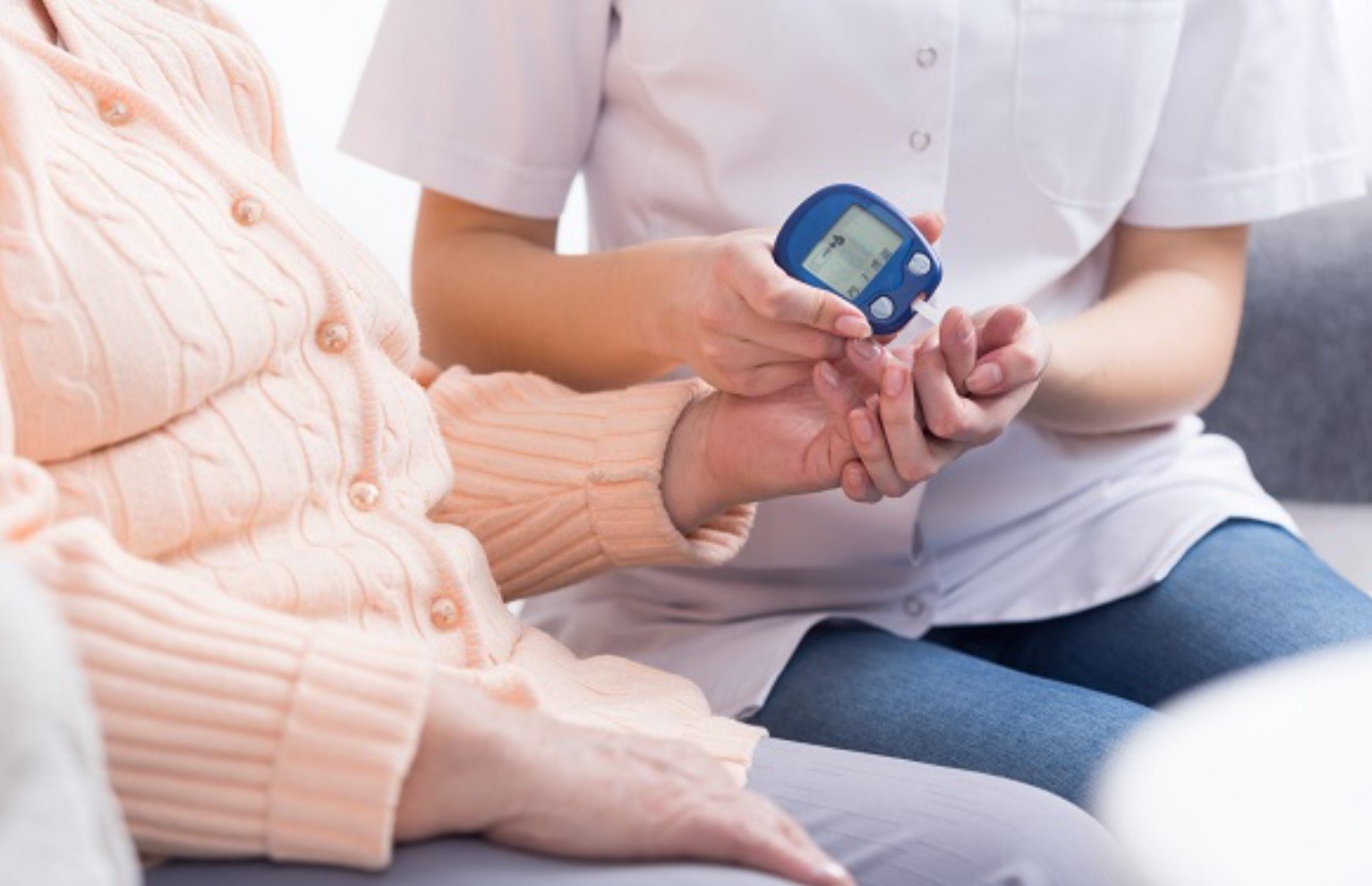
Diabetic patients need to be patient in treatment.
Stem cell treatment of diabetes is still under research.
According to Dr. Pham Nguyen Quy, a specialist in Oncology at Kyoto University, Japan, "in Japan, specialized medical associations call for caution with stem cell therapies in the form of free treatment (patients pay 100% of the cost for clinics and small hospitals) because they lack sufficient scientific evidence. The Japanese government allows some units to implement these activities if the implementation process ensures minimum safety, not because they are effective. However, this confuses many patients because it is difficult to distinguish the difference between treatment with methods that have clear scientific evidence and methods that are in the research process such as stem cells, leading to exploitation, fraud, loss of money and health".
According to Dr. Cuong, the US Food and Drug Administration (FDA) has only approved the use of stem cells for the following three areas: Hematopoietic stem cell transplantation for patients with leukemia; Stem cell transplantation from the spine to recreate the corneal surface, a process of regenerating a new cornea to replace a damaged cornea; Stem cell transplantation to create skin for third-degree burns, not for anti-aging purposes.
Stem cell transplantation would avoid the problems of donor shortages, but methods to avoid autoimmune reactions from recipients are still being studied. Using islets derived from embryonic stem cells would require lifelong immunosuppressive drugs, while using autologous stem cells could avoid rejection.
Therefore, Dr. Cuong warns patients and their families to be patient and wary of promises to cure diabetes with stem cells or various drugs or functional foods that are being rumored.
In Vietnam, the research and application of hematopoietic stem cells in medicine and the treatment of diseases have been carried out since the 90s of the 20th century. Currently, the Ministry of Health allows the use of stem cells to treat a number of blood diseases such as bone marrow failure, leukemia, blood diseases requiring bone marrow transplant, osteoarthritis, chronic obstructive pulmonary disease (COPD).
Blood stem cell treatment can cure many serious diseases related to the hematopoietic system such as multiple myeloma, acute leukemia, thalassemia... For mesenchymal stem cells, the potential for application in treating many different diseases is based on two main mechanisms: the ability to differentiate into functional cells to replace damaged cells and the ability to regulate immunity.
Source: https://www.baogiaothong.vn/thuc-hu-dieu-tri-triet-de-tieu-duong-bang-te-bao-goc-192250312083306403.htm





![[Photo] Binh Trieu 1 Bridge has been completed, raised by 1.1m, and will open to traffic at the end of November.](https://vphoto.vietnam.vn/thumb/1200x675/vietnam/resource/IMAGE/2025/10/2/a6549e2a3b5848a1ba76a1ded6141fae)


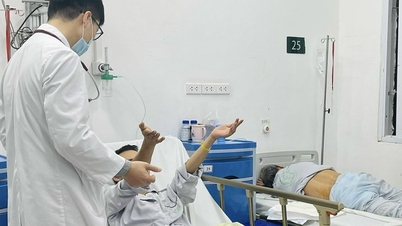







![[Video] Ministry of Health issues document to rectify medical examination and treatment work](https://vphoto.vietnam.vn/thumb/402x226/vietnam/resource/IMAGE/2025/10/2/54913f30a9934e18bcbb246c2c85f11d)




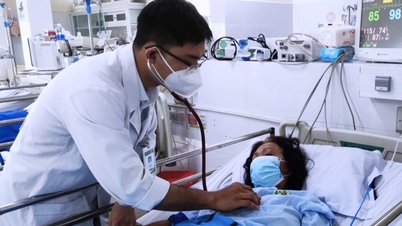


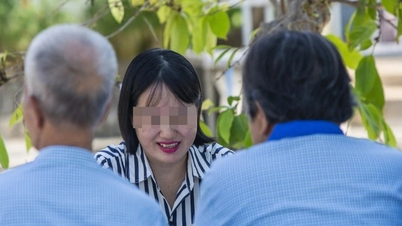

























































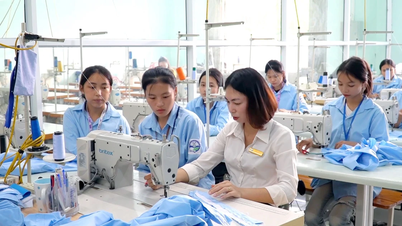


















Comment (0)